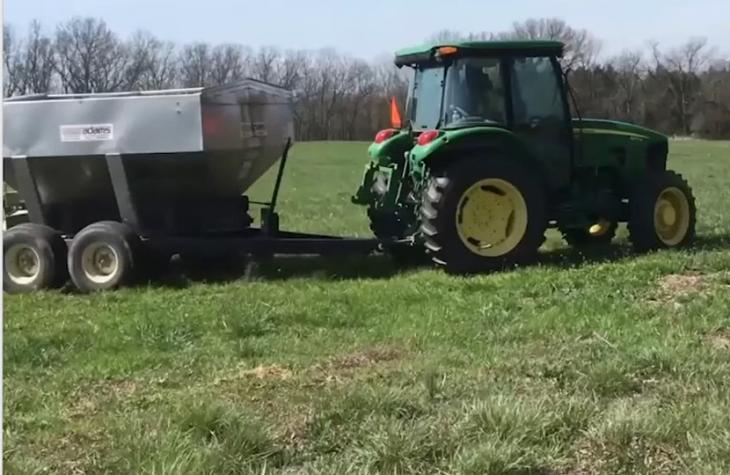
Avoid applying fall anhydrous in northern, central Missouri
Northern‐central Missouri fields face high nitrogen loss risk when applying anhydrous ammonia in fall; soil temps need to drop below 40°F.
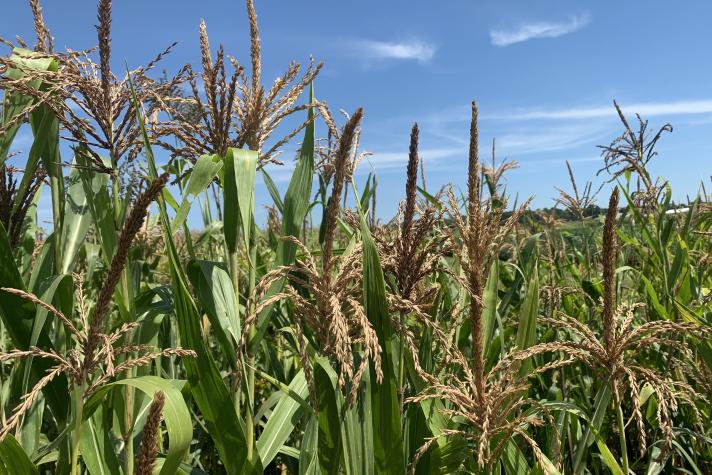
Corn planting pops at MU Hundley-Whaley Center
Two acres of popcorn are planted annually in Albany. Colorful varieties are grown for fundraisers, local events and shared community-filled popcorn outreach.
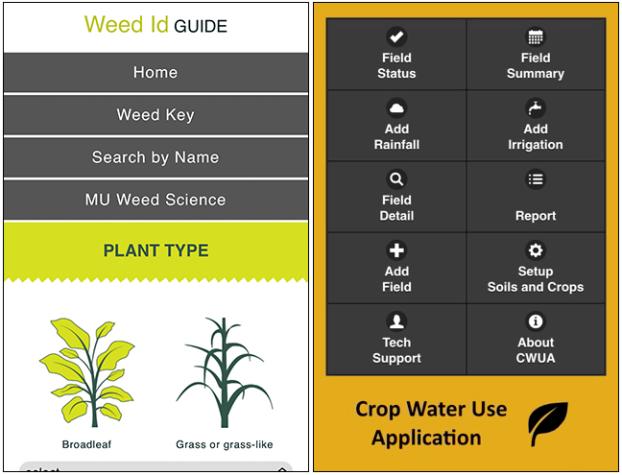
MU Extension offers listing of farm apps
Explore mobile tools to support farm decisions—from weather and crop models to weed identification and water use planning.
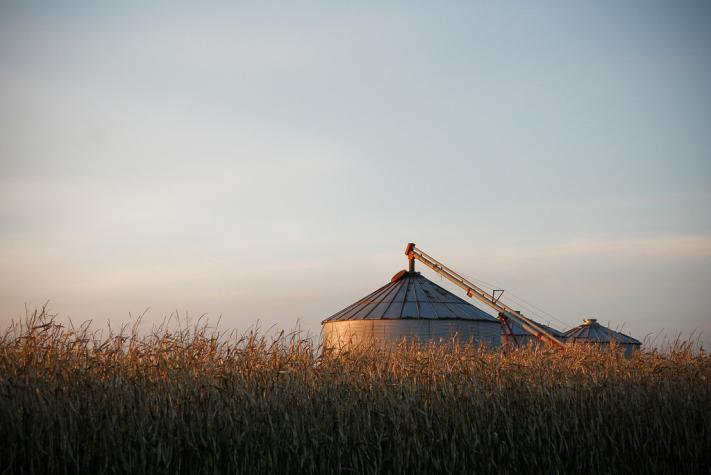
Late planting, wet harvest require special storage attention
Late-planted or wet-harvested corn needs careful storage to prevent mold, manage moisture, and maintain quality.
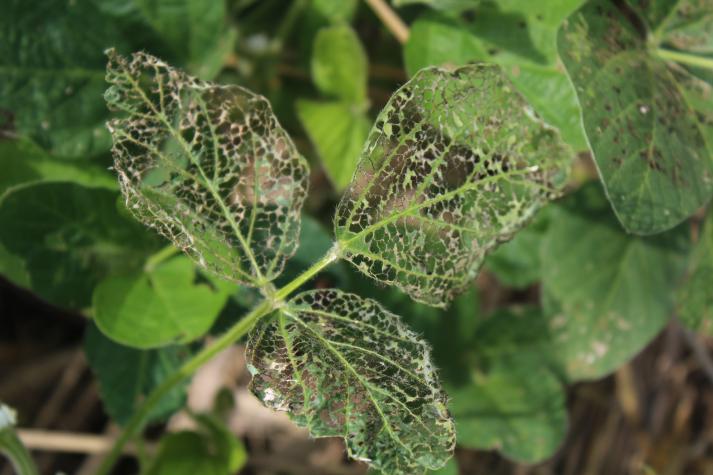
Japanese beetle numbers increasing in corn, soybean
Japanese beetles are rising in corn and soybean fields, causing defoliation and silk clipping. Scouting and timely control are key.
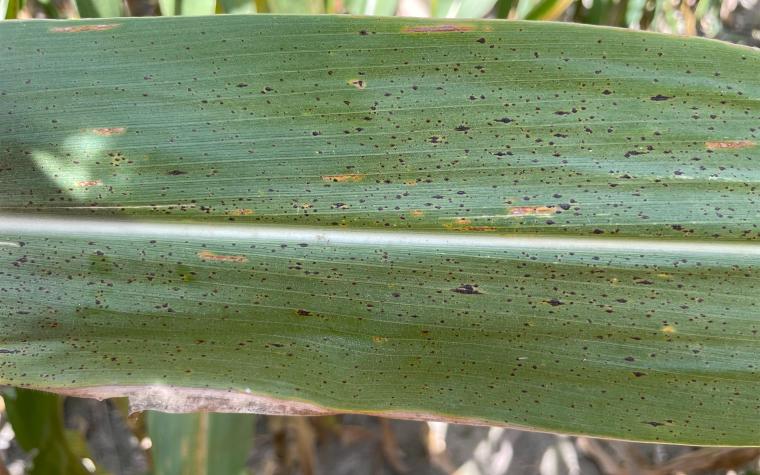
Tar spot growing in Missouri corn crops
Tar spot, a fungal disease affecting corn, has been confirmed in 19 Missouri counties in 2024. Early detection and fungicide application are crucial.

Strip trials an effective way to test nitrogen rates on cornfields
Test corn nitrogen rates effectively with on-farm strip trials to optimize yields and manage fertilizer costs.
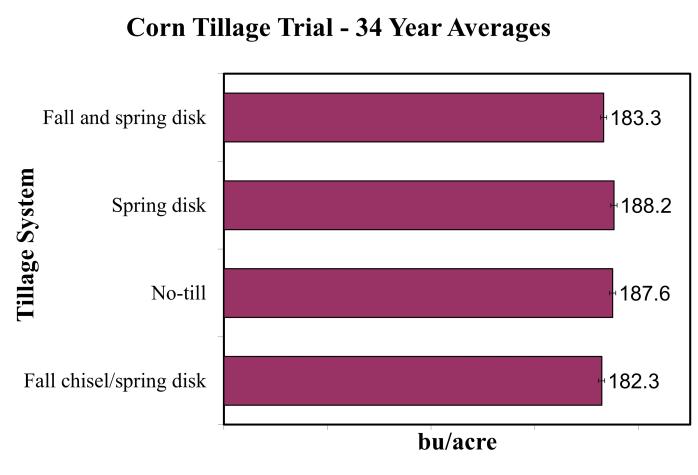
MU Graves-Chapple Center compares corn, soybean tillage systems over decades
Decades of research in northwest Missouri show no-till farming yields high returns and reduces costs for corn and soybean production.
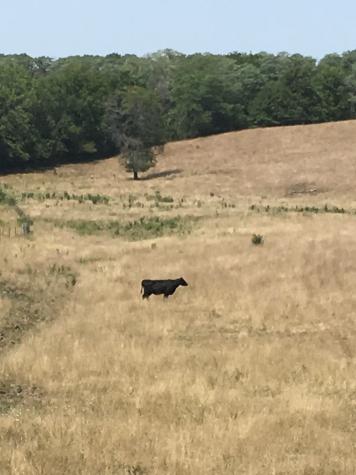
Cattle producers urged to watch for prussic acid poisoning
Cattle may face prussic acid poisoning from sorghum grasses; monitor pastures carefully to prevent sudden livestock deaths.
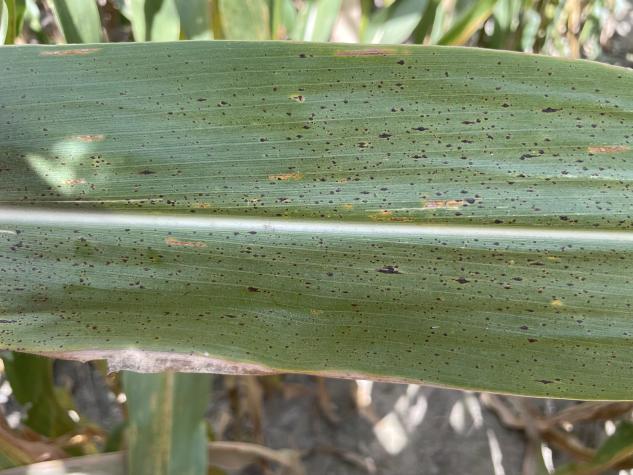
Tar spot now confirmed in about a third of Missouri
Tar spot of corn has spread to 31 Missouri counties since 2019, with early detections in Holt and Marion counties in June 2023.
Cornstalks can fill forage gaps during drought
Grazing cornstalks can help fill cattle feed gaps during drought, but supplementation and careful management are needed.
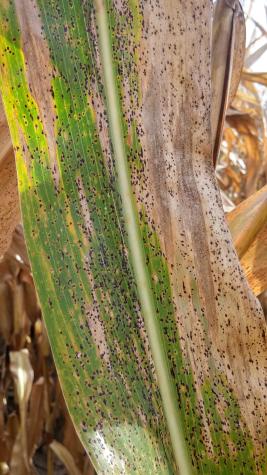
Tar spot of corn confirmed in NE Missouri
Tar spot, a corn disease that can reduce yields, is confirmed in northeastern Missouri. Monitor crops for early signs.
Corn silage as a forage
COLUMBIA, Mo. – An emergency feeding situation is shaping up for Missouri’s beef producers because of the drought. University of Missouri Extension recently hosted University of Wisconsin agronomist Joe Lauer on the MU Extension Forage and Livestock Hour to discuss his research on corn silage as a forage.
Plants respond to heat differently than humans
COLUMBIA, Mo. – Extreme heat affects plants differently than humans.With triple-digit temperatures this summer, grain crop growers should understand how heat affects plants, says University of Missouri Extension agronomist Bill Wiebold.First, human concepts such as “heat index” or “feels like” do not apply to plants, Wiebold says. People and plants feel and react differently to heat.
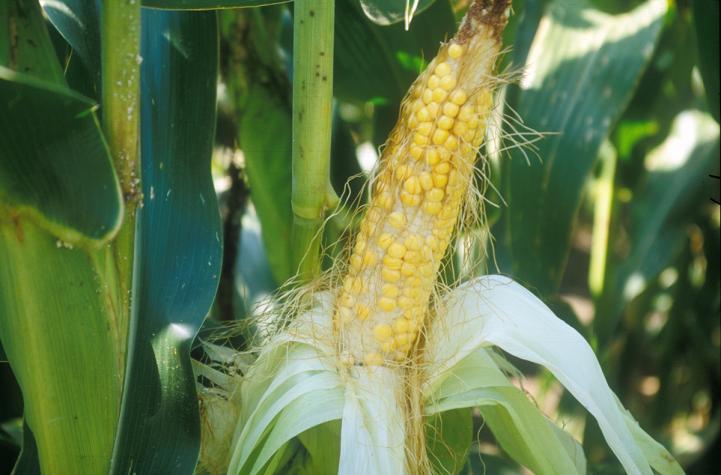
Lack of rainfall during corn's R1 stage spells trouble
Lack of rain during corn's R1 stage can severely impact kernel formation and reduce yields, with drought stress leading to irreversible damage.
MU Extension guide helps farmers with replant decisions
COLUMBIA, Mo. – Challenging weather has forced Missouri farmers to make difficult decisions on whether to replant crops because of sparse stands or delayed planting.
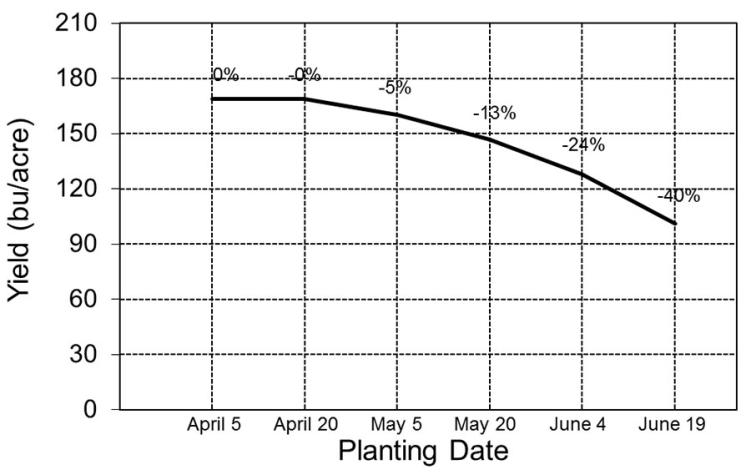
Delayed planting can affect Missouri corn yields
Wet soils delay Missouri corn planting, reducing yield potential as planting moves into May. Weather and timing remain key factors in harvest outcomes.
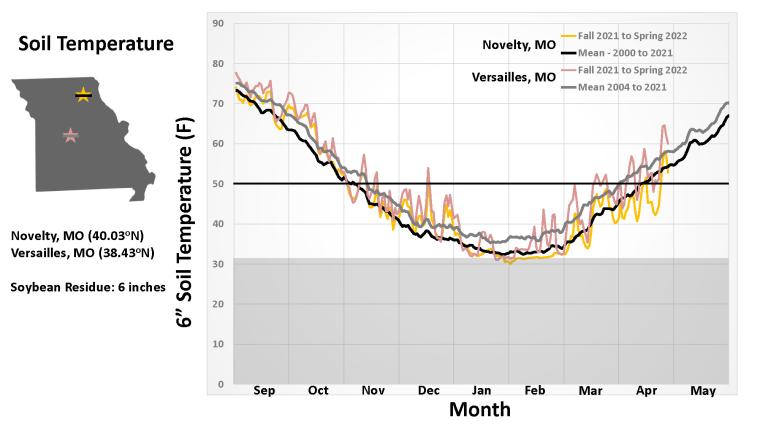
Fall application increases risk of nitrogen loss for corn
Applying nitrogen to corn in fall raises risk of loss before the plant can use it, especially in warmer soils.
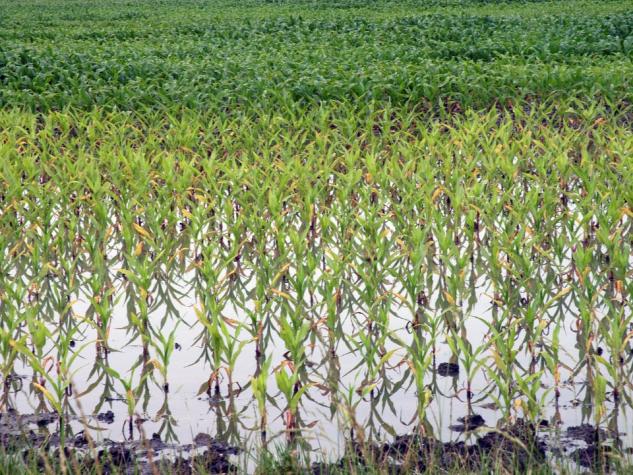
Rain, heat increase risk of ponding
Heavy rain and heat can cause ponding in fields, stressing corn and soybean seedlings and affecting growth and yield.
New MU guide looks at silage breakeven price
COLUMBIA, Mo. – University of Missouri Extension recently released an updated cost analyzer to help farmers estimate the breakeven price to justify harvesting corn as silage rather than grain. “Frequently, corn harvested for silage was planted for harvest as a grain crop,” says Joe Horner, an MU Extension agricultural business and policy specialist. Reasons for this change can include feed needs as well as drought and other events…
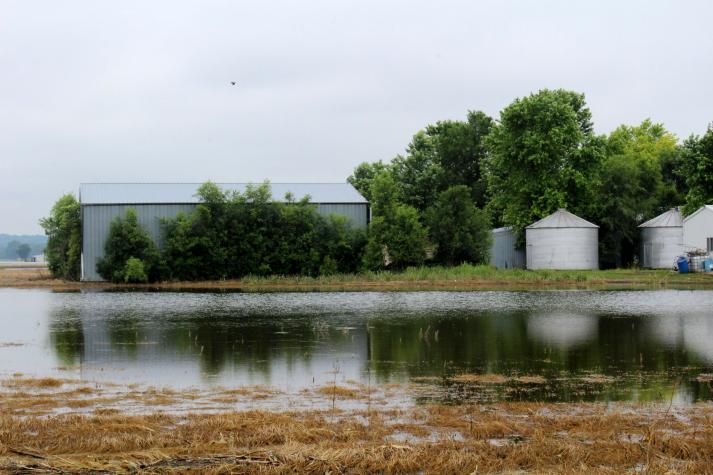
Mother Nature's drenchings damage crops
COLUMBIA, Mo. – Mother Nature has not been kind to Missouri agriculture in 2021, says University of Missouri Extension soybean specialist Bill Wiebold.Spring rains delayed corn and soybean planting well beyond the best date for yield, says Wiebold. Then the rain stopped and hot, dry weather slowed growth. Frequent heavy rains added to the misery in Missouri fields.
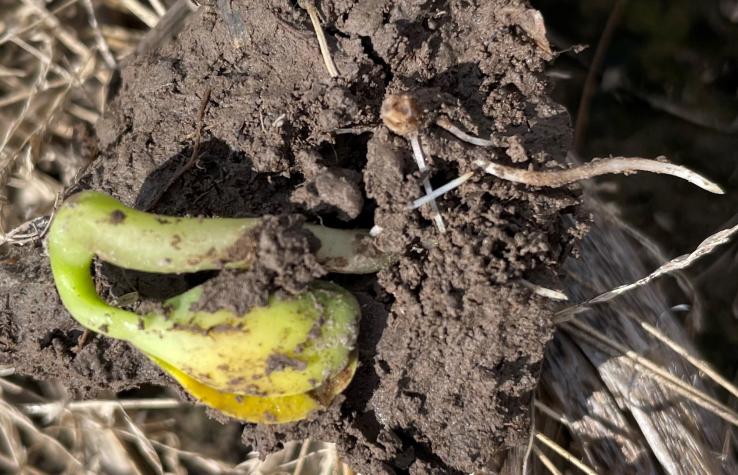
Spring rains bring root rots to Missouri field crops
Frequent spring rains set up favorable conditions for seedling and root rotting diseases in corn, soybean and wheat fields across Missouri.
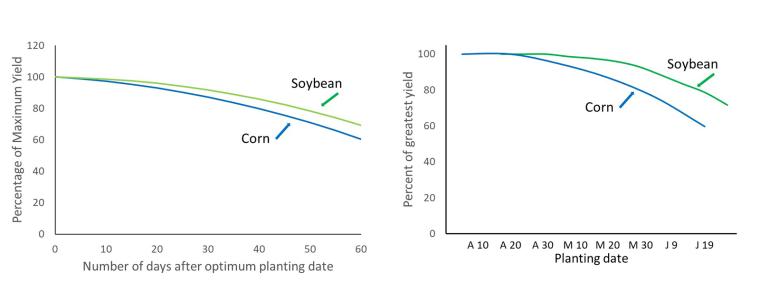
Should soybean be planted before corn? MU research still favors corn
Planting corn before soybean enhances productivity in midwestern rotations. Delaying corn planting can reduce farm efficiency.
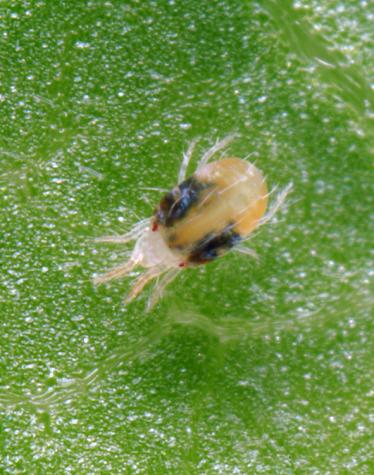
Treat spider mites now
Treat spider mites early to prevent crop damage. Drought conditions can cause rapid population growth. Learn to manage infestations and protect your fields.
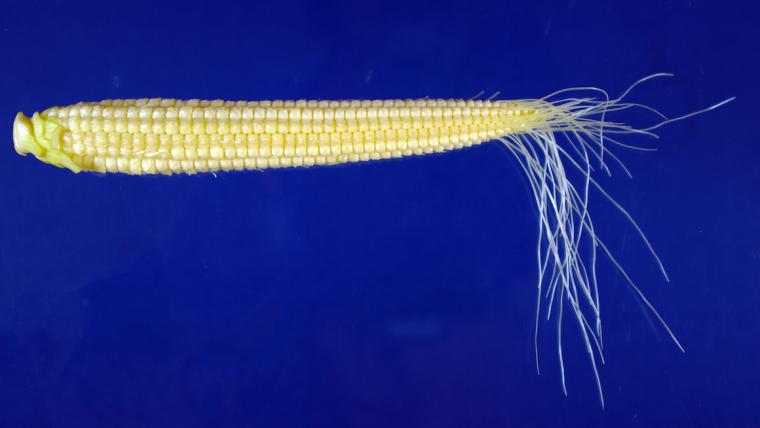
Corn ears tell us what went right, what went wrong
Learn how corn ears reveal pollination success, drought stress, and factors affecting kernel growth for better yield insights.
